The government of Orissa launched one of the biggest welfare programs KALIA Yojana or Krushak Assistance for Livelihoods and Income Augmentation To one extent it will increase policy interventions for the growth of agriculture, and on the other, ensure organic farming so that with such approaches, living standards of the marginal farmers, small farmer holders, landless agricultural workers, and other vulnerable sections of the society are improved.
The scheme encompasses all kinds of farmers regardless of their land-holding status thereby addressing issues like income stability, agricultural investments, and reducing debts. Up until now (2024), KALIA Yojana remains one of the main programs supporting Odisha’s agriculture-based economy.
Objectives of Kalia Yojana
KALIA Yojana has been designed to offer comprehensive support for the farming community whose major objectives are:
- Financial Support: Making available financial aid for agricultural investment and income stabilization to small and marginal farmers.
- Assistance to Vulnerable Groups: Meeting livelihood needs of landless laborers and disadvantaged families through assistance programs.
- Reduction of Debt Dependency: Moreover, it aims at reducing farmers’ dependence on private moneylenders’ loans hence saving them from falling into heavy loans and making sure that they do not become defaulters by providing them with money directly.
- Inclusive Growth: Ensuring that all types of farmers, especially those who do not qualify for other central schemes like PM-KISAN, receive benefits.
Eligibility Criteria
KALIA Yojana covers multiple categories of beneficiaries across different segments of the farming community.
| Category | Eligibility Criteria |
| Small & Marginal Farmers | Farmers who own up to 5 acres of land. |
| Landless Agricultural Workers | Agricultural workers who do not own land but depend on farming for livelihood. |
| Vulnerable Households | SC/ST, elderly, widows, and disabled individuals with minimal livelihood means. |
| Sharecroppers & Tenant Farmers | Those who cultivate the land but do not own it are eligible for financial assistance. |
Elements of Kalia Yojana
KALIA Yojana has five vital components that address different requirements of the agricultural community.
| Components | What it means |
| 1. Financial assistance for cultivation | Every eligible small and marginal farmer gets ₹10,000 every year for Rabi and Kharif crop seasons. |
| 2. Livelihood support to landless agricultural households | Each one-time assistance of ₹12,500 is given for livelihood promotion to a landless agricultural labourer (e.g. goat rearing, pouLtry farming etc.) |
| 3. Financial support for vulnerable agricultural households | Vulnerable households (ex. elderly, disabled, SC/ST) receive a one-time grant of ₹10,000 for sustenance |
| 4. Crop Insurance | The scheme includes premiums paid towards insurance on crops which helps in lifting off burden from their shoulders ( farmers). |
| 5. Interest exclude loans | Farmers can avail up to Rs 50000 interest free loans. |
These components provide an all-rounded strategy towards meeting financial as well as livelihood concerns faced by the farmers as well as laborers working in farms making KALIA Yojana one of the most thoroughgoing agricultural welfare plans in India.
Execution and Finance Distribution
The execution of KALIA Yojana is spread across many different stages. The funds are sent straight to the bank accounts of beneficiaries, which guarantees openness and minimizes the participation of intermediaries.
Key Implementation Details:
- Direct Benefit Transfer (DBT): The financial assistance reaches the direct bank accounts of beneficiaries through DBT.
- Phase-wise Roll-out: Initially, small and marginal farmers were targeted in phases before derivatives laborers began to be included.
- State Budget Allocation: KALIA Yojana consumes a large share of the Odisha government budget. For the financial year 2023-2024, an allocation amounting to ₹3,000 crores has been set aside for this program.
| Year | Budget Allocation (₹ crores) |
| 2020-2021 | ₹2,500 |
| 2021-2022 | ₹2,700 |
| 2022-2023 | ₹3,000 |
| 2023-2024 | ₹3,000 |
The Effect of KALIA Yojana
The KALIA Yojana has greatly changed the world in terms of farmer income, farming advancements, and rural poverty alleviation.
1. Improvement in Agricultural Output
This improved crop productivity has been achieved through the investment by farmers in high-quality seeds, fertilizers, and other inputs, thanks to financial assistance received twice every year. Farmers have also been encouraged to undertake agriculture-related investments without the fear of debt through the introduction of interest-free loans.
2. Livelihood Security for Landless Laborers
This scheme has helped landless agricultural laborers who were previously based on daily wage earners secure their livelihoods. Most recipients have used it to finance small enterprises like poultry rearing, goat keeping, and dairy farming that have generally improved their incomes’ stabilization.
3. Drop in Rural Debt
KALIA Yojana has effectively reduced farmers’ reliance on private persons giving money at exorbitant rates according to one of its major achievements. Many small farmers have moved away from borrowing money at high interest rates, especially in the case of loans that often lead to indebtedness since they are now accessing interest-free loans.
| Impact | Area Achievements |
| Agricultural Output | Increased productivity due to better investment in seeds, fertilizers, and inputs. |
| Livelihood Security | Landless laborers have started small businesses such as goat farming and poultry. |
| Rural Debt Reduction | Reduced reliance on private lenders, thanks to interest-free loans. |
| Women’s Empowerment | Female-headed households have benefited, with improved financial independence. |
Comparison with PM-KISAN
By the way, KALIA Yojana and PM-KISAN (a central government scheme) both support it is worth noting that there exist contrasting aspects in these two plans:
| Feature | KALIA Yojana | PM-KISAN |
| Target Beneficiaries | Small farmers, landless labourers, tenant farmers, vulnerable households | Small and marginal farmers with less than 2 hectares of land. |
| Annual Assistance | ₹10,000 for farmers; ₹12,500 for landless workers | ₹6,000 annually for eligible farmers. |
| Support for Landless | Yes, ₹12,500 for landless agricultural workers | No support for landless workers. |
| Livelihood Support | Yes, with a focus on animal husbandry and fisheries | No livelihood support. |
Difficulties and Critiques
Notwithstanding its numerous advantages, KALIA Yojana has encountered certain difficulties and critiques:
- Duplication with PM-KISAN: According to some detractors, KALIA Yojana overlaps with the PM-KISAN scheme of the central government thus rendering an effort needless.
- Inclusion Errors: At the beginning stages of the program, some problems concerned excess inclusions and exclusions which saw non-eligible persons get enrolled while some eligible farmers missed out.
- Implementation Delays: In several areas, recipients complained about delays in receiving financial support hence attracting criticism about how well it was being administered.
Conclusion
The KALIA Yojana is a creative program designed to assist farmers and landless employees in Orissa by providing them with full financial support. To tackle the diverse needs of marginal farmers, landless agricultural laborers, and other vulnerable families at large using multidimensional interventions.
The scheme’s focus on inclusive growth, together with direct fund transfers ensures that resources are allocated without bureaucratic hitches to those who require them most.
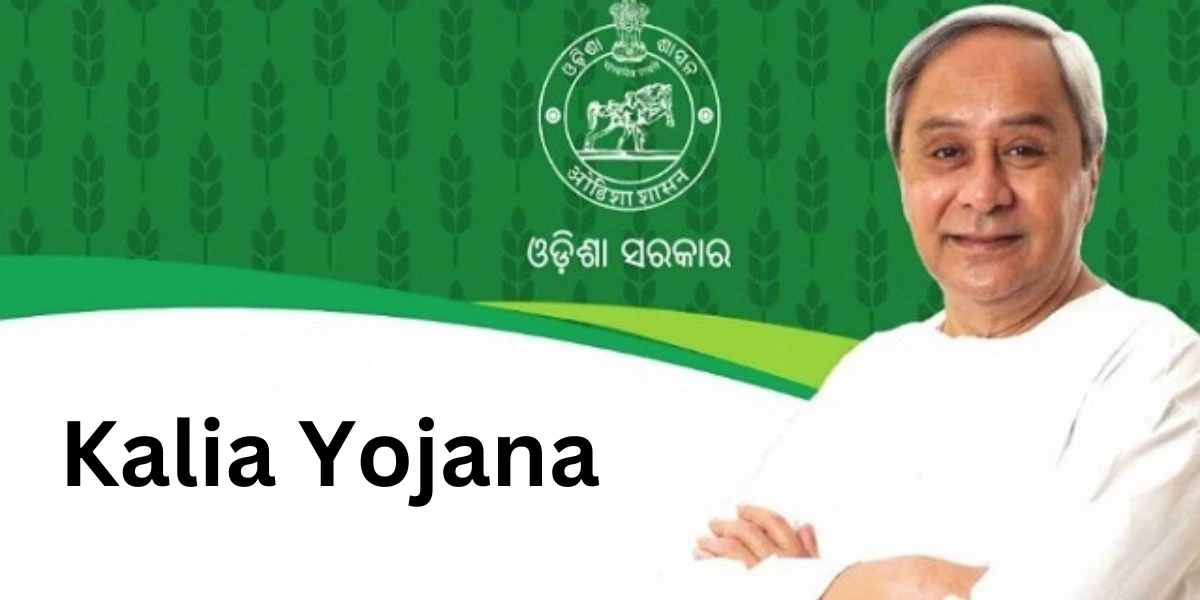
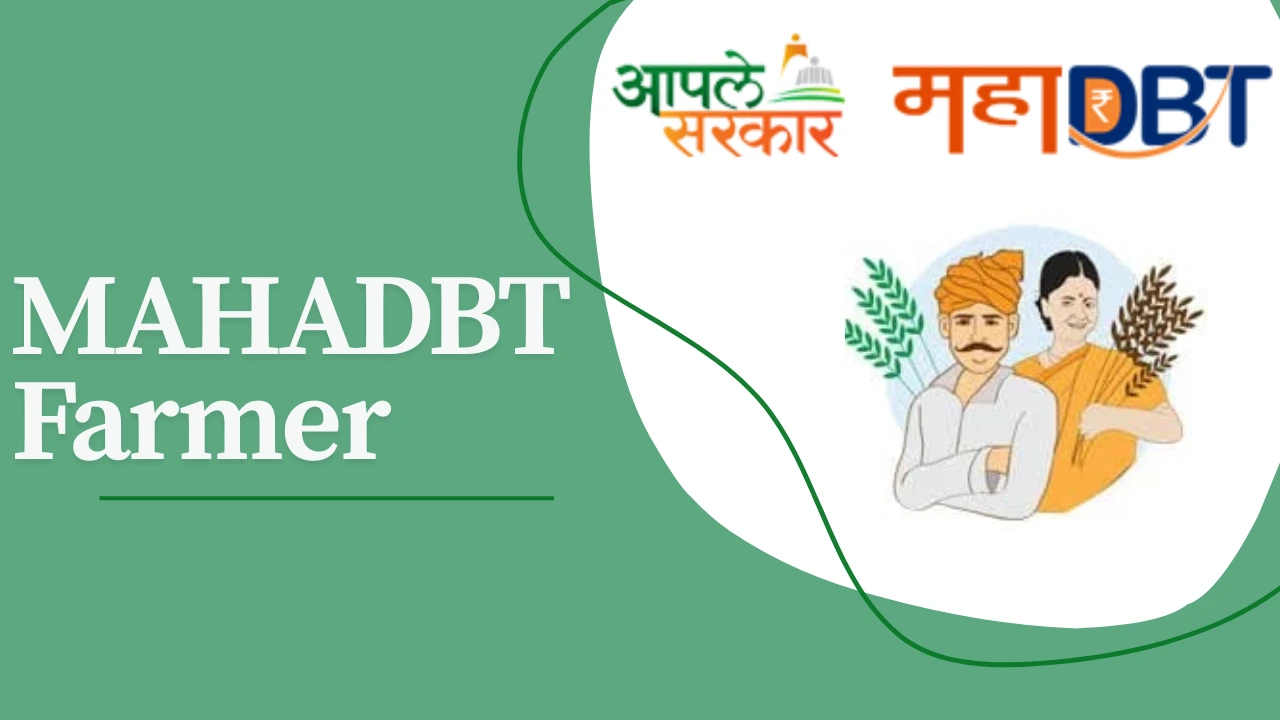

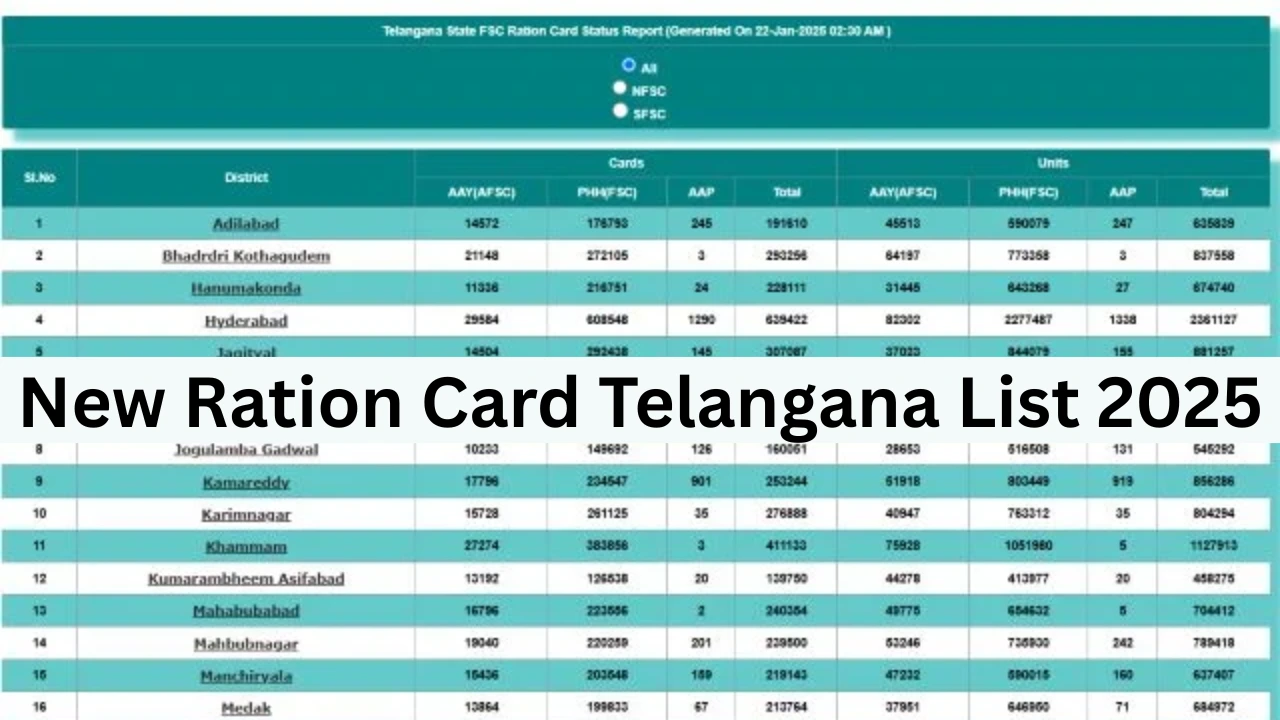

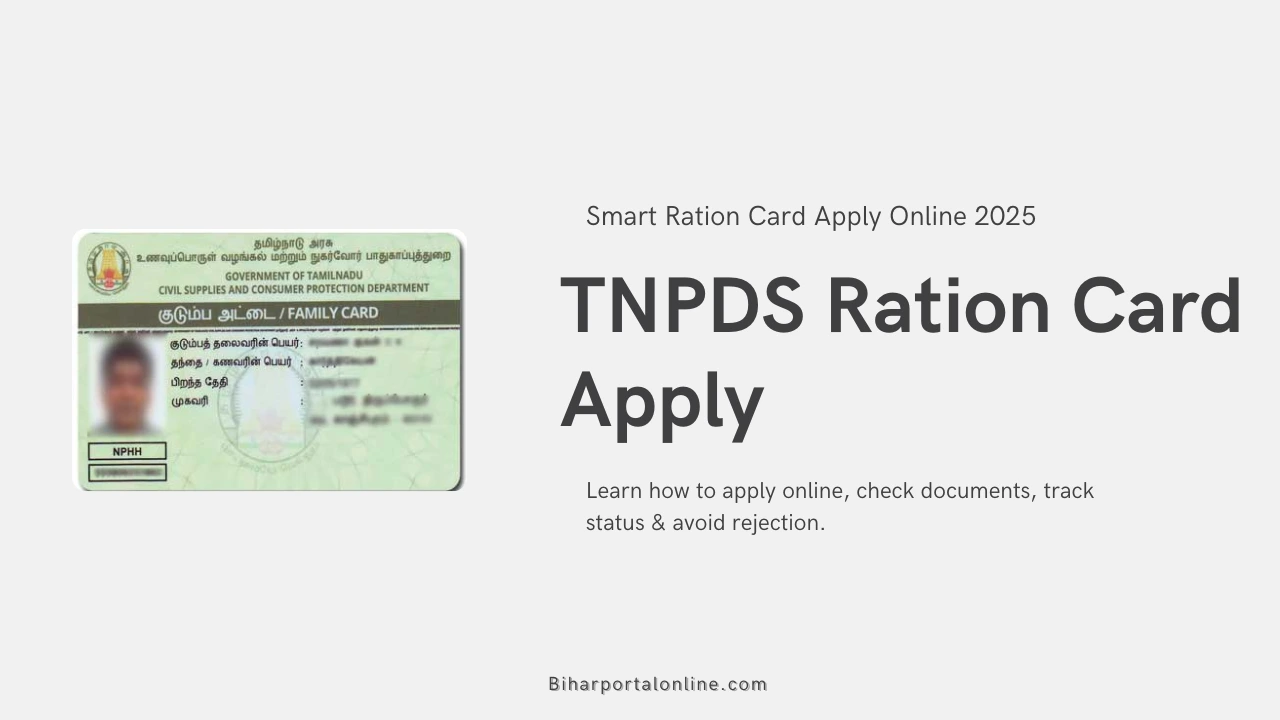
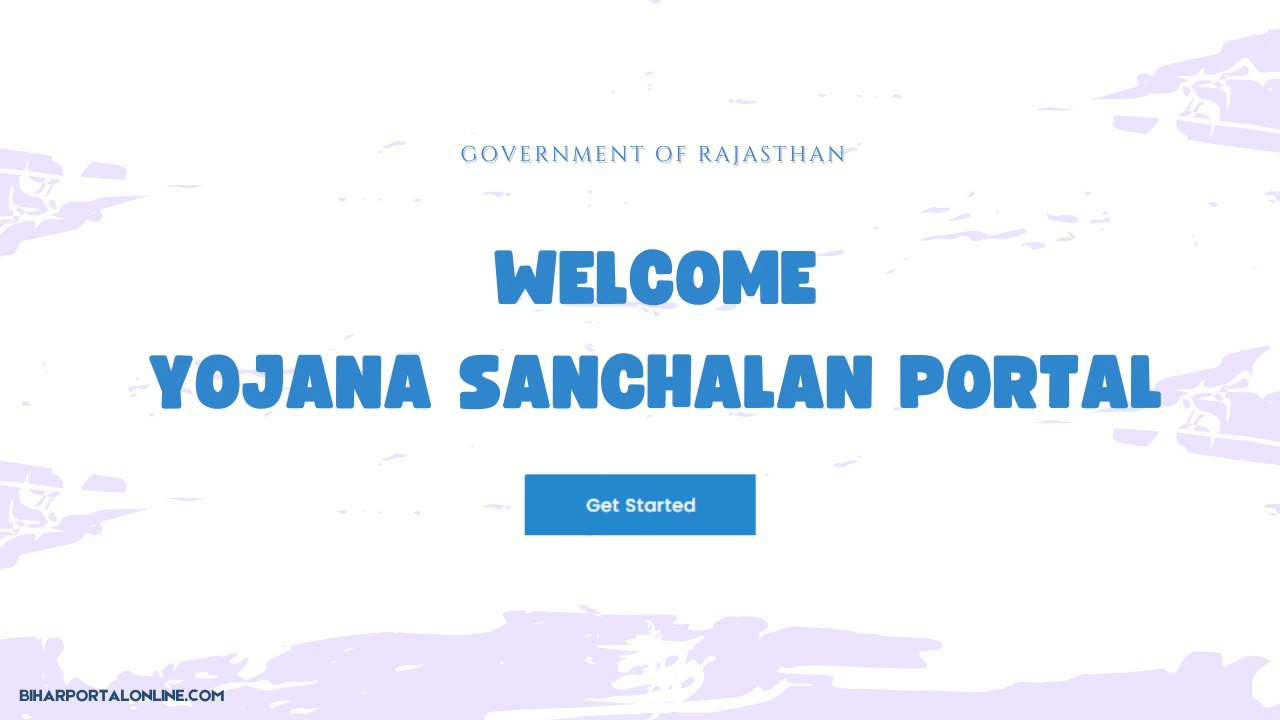








Leave a Reply